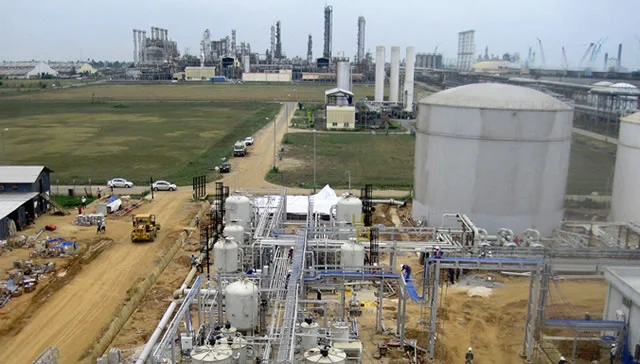Breaking News
Port Harcourt and Warri refineries to be fully operational in 2024
He claimed that the country would be able to meet its domestic fuel demand after the plants were completed and the 650,000 barrels per day, bpd Dangote Refinery supplied with additional supply.

Two refineries, Port Harcourt and Warri, would be completely operational by the end of 2024, according to Senator Ifeanyi Ubah, Chairman of the Senate Committee on Petroleum (Downstream), notwithstanding Nigeria’s ongoing gasoline shortage.
He added that preparations had already been made to meet the goal and that the Kaduna Refinery will be up and running by the end of the next year.
He claimed that the country would be able to meet its domestic fuel demand after the plants were completed and the 650,000 barrels per day, bpd Dangote Refinery supplied with additional supply.
In order to increase the country’s domestic capacity for refining crude oil, the senator further asked the federal government and other relevant parties to strive towards the creation of modular refineries.
He said: “My mandate is to ensure that the refineries in Nigeria are up and functional. By my involvement, before the end of this year, two refineries will be up and running.
“Also, before the end of next year, the Kaduna refinery will come on stream. Also, the production of jet oil, and tolubricant will be produced by mid-next year.
“I can assure Nigerians that I will tirelessly pursue and ensure that these refineries are up and running before the end of the year. We have set up a technical team to visit the refineries every two weeks in order to meet the set target.”
We’ll end gas flaring next year — Seplat
Similarly, Seplat Energy, a onstreamNigerian independent oil and Gas Company listed on both the London and Nigerian Stock Exchanges, has concluded plans to end gas flaring in 2025.
The company said the 2025 target would be reached when the ASA North project and Sapele gas plant come on stream, thus increasing its supply capacity to 850 million cubic feet SCF of gas daily.
The Chief Operating Officer of the company, Samson Ezugworie, who disclosed this at the ongoing Offshore Technology Conference, OTC, in Houston, Texas, United States, said: “In the past, gas was perceived to be a bad business because all the oil and gas installations did not have a way of harnessing the associated gas from oil production. The associated gas was flayed, thus impacting negatively on the environment.
“Now, that has changed in Seplat. We have made conscious efforts to harness the associated gas by putting in place gas solutions. By the second half of 2025, we will bring routine gas flaring to an end.




















